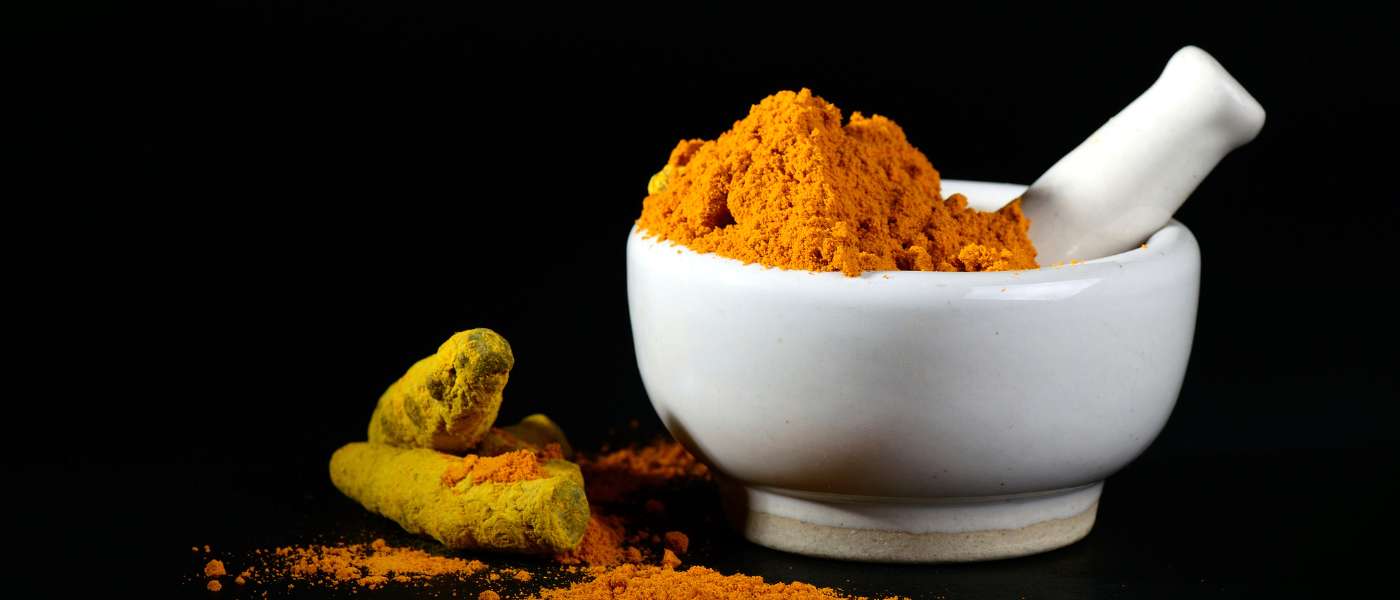The golden hue of Haldi (turmeric) is not just a color; it's a symbol of its rich history and an indicator of its multifaceted benefits. Known not just for its ability to bring warmth and flavor to culinary dishes, Haldi also carries deeply ingrained cultural significance and a long history of therapeutic use. In this exploration, we unearth the historical roots of Haldi, its cultural implications, and how modern health trends are aligned with its historical uses.
Cultural and Historical Significance

For over four millennia, Haldi has woven itself into the fabric of Indian and Southeast Asian societies. Haldi is a staple in religious ceremonies and traditional medicine, a testament to the intersection of culture and well-being.
The "Haldi" Ceremony
In the joyous festivities of an Indian wedding, the 'haldi' ceremony is a sight to behold. Here, turmeric paste adorns the bride and groom's skin, not just for its believed purifying qualities but as a marker of prosperity and fertility.
Ayurveda and Haldi
Haldi's curative powers are embedded in the practice of Ayurveda. Whether it's soothing inflammation or healing wounds, Haldi has been a healer long before modern medicine offered its stamp of validation.
Culinary Uses
And, of course, one must recognize Haldi's long-standing place in the kitchen, infusing dishes with its unique flavor and aiding digestion in the process.
Modern Health Trends and Scientific Findings
The age-old wisdom surrounding Haldi is now finding echoes in scientific corridors, with research underscoring its myriad health benefits, mainly due to the compound curcumin.
- Anti-inflammatory and Antioxidant: Curcumin's ability to stave off chronic inflammation is the pillar behind its efficacy in preventing and treating diseases like arthritis and heart conditions.
- Heart Health and Cancer Prevention: With a nod from the American Journal of Cardiology, curcumin's role in cardiovascular wellness and cancer management is promising.
- Mental Health: As the Journal of Psychopharmacology reports, Haldi's potential impact on mood disorders casts it as a beacon of hope for many facing the dark clouds of depression and anxiety.
- Brain Health: The neuroprotective properties of curcumin, spotlighted in the Journal of Alzheimer's Disease, suggest a protective shield for the brain against cognitive decline.
Recipe Integration: Golden Milk (Haldi Doodh)
Ingredients:
- 2 cups of milk (dairy or non-dairy)
- One teaspoon of ground turmeric (Haldi)
- 1/2 teaspoon of ground cinnamon
- 1/4 teaspoon of ground ginger
- A pinch of ground black pepper
- Sweetener of choice (honey, maple syrup) to taste
Instructions:
- Warm the milk in a saucepan over medium heat.
- Mix in turmeric, cinnamon, ginger, and black pepper.
- Simmer for 10 minutes, stirring occasionally.
- Remove from heat, add sweetener, and strain.
- Serve warm and revel in the peace of tradition aligned with health.
Drinking Golden Milk is more than indulging in a trend; it celebrates traditional practices converging with modern health consciousness.




















Leave a comment
This site is protected by hCaptcha and the hCaptcha Privacy Policy and Terms of Service apply.